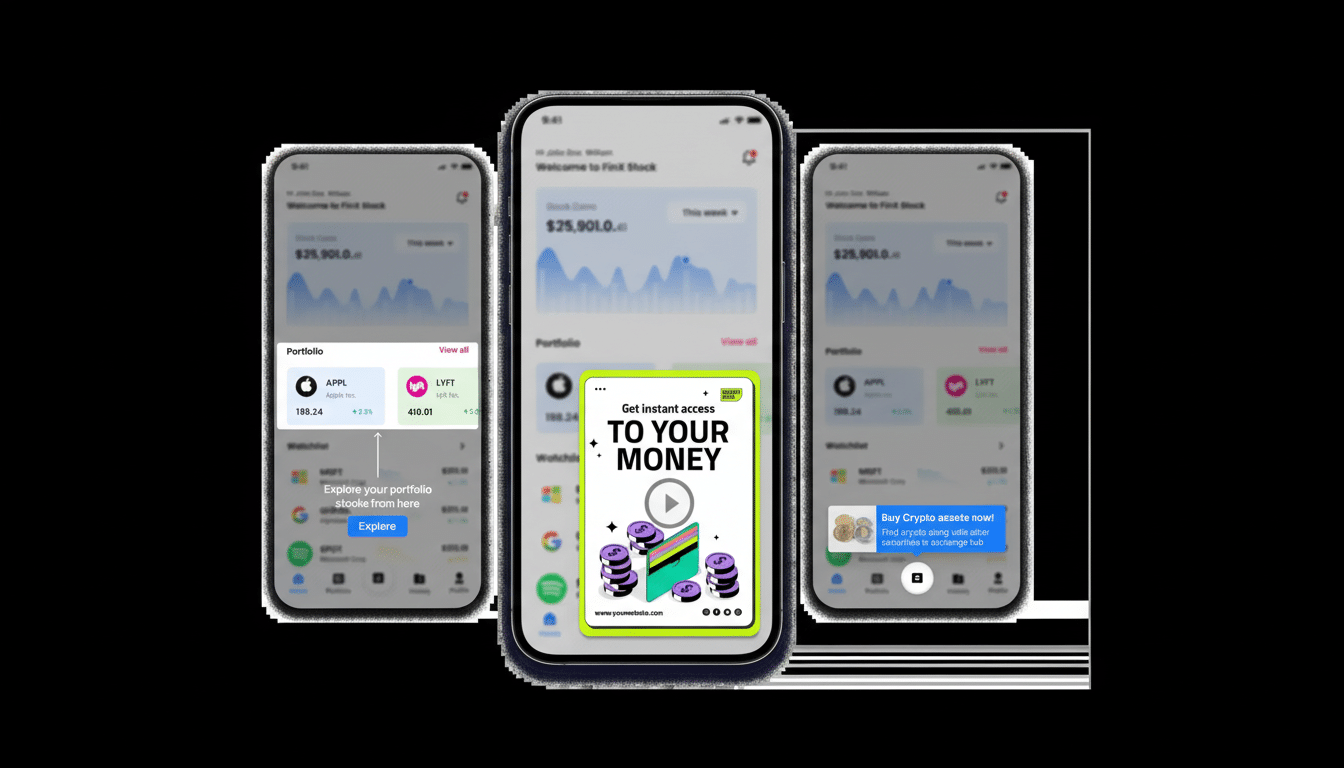Samsung is working on a proactive assistant called Now Nudges for One UI 8.5, which sounds pretty similar to Google’s Magic Cue found on recent Pixel devices and acts to show context-aware suggestions based on what you have on your screen.
The tool itself isn’t developer-facing per se, but it’s nestled away in leaked system strings and settings descriptions and is presented as part of Galaxy AI that hopes to assist you in remembering info, filling out forms, and diving into actions all with just one tap.

What Samsung’s Now Nudges appears designed to do
According to the language discovered in pre-release builds, Now Nudges is divided into three modes that together address the most prevalent points of aggravation on a phone.
Contextual “recall” nudges are designed to help you remember information that you previously interacted with — say, details from an earlier chat or a screenshot — when your current task seems to indicate that you may need it again.
Consider that when you scan your new message about a meeting, your phone gently suggests last week’s thread with the address, or a saved image with the room number.
Autofill nudges, for example, promise to streamline the often-painful data entry of mindlessly repetitive tasks in travel, delivery, and shopping apps by offering to drop in details you’ve used before — your name, email address, loyalty IDs, or even a passport number. The strings only refer to potential compatibility with apps and sites like Trip.com, DoorDash, Market Kurly, and Expedia, which suggests that this isn’t necessarily a very Samsung-focused play.
Action nudges highlight when it’s time to switch to a different app or task. If a friend texts you an address, for instance, a nudge could have your maps app open with the location loaded. The language in your settings also refers to automatic translation prompts when you see something in a foreign language and specifies that nudges can show up on major messaging and social platforms like Instagram, WhatsApp, and Facebook.
How Samsung’s Now Nudges compares with Google’s Magic Cue
Magic Cue on Google’s Pixel 10 phones builds on Gemini to understand on-screen context and suggest what to do next; Samsung’s method appears similarly broad in focus. Both systems eliminate the “copy, switch app, paste” routine by recognizing intent and enabling one-tap actions — from pulling up a map to starting a translation or pulling up an appropriate note.
Where they differ fundamentally will probably be the level to which the intelligence is run and how deeply it integrates across apps. Google has been advocating for a hybrid approach between on-device models like Gemini Nano, especially for privacy-sensitive tasks, and off-device models for heavier lifting. Samsung’s fine print references a separate privacy notice and terms for its advanced intelligent features, indicating clear controls and transparency. If Samsung performs on-device inferences for common nudges, they could cut down latency and limit data exfiltration, saving the cloud for tougher tasks.

Another factor is ecosystem reach. Pixels are getting a boost from Google’s close integration with services on Android, but Samsung’s global reach and partnerships might bring broader app coverage and quicker adoption — particularly in areas where Galaxy devices are king.
Why Now Nudges could matter most for Galaxy users
The big win here is imperceptible speed. Micro-frictions, like unearthing a confirmation number, re-entering traveler information, or switching into the correct app, add up to lost minutes over the course of each day. Research groups like the Baymard Institute have long chronicled how form friction causes mobile checkout flows to lose completion rates; if Now Nudges trims steps, both users and merchants stand to benefit.
Equally important as convenience will be trust and control. Configurable settings for managing personal data also imply that it may be possible to review and adjust what Galaxy AI uses to make its suggestions. Clear scoping — for instance, limiting nudges to content exclusively on your device and only from certain apps — will be important to prevent “creepy” moments and control false positives.
Rollout questions we’re still asking about Now Nudges
There are some critical details we don’t know: what devices will support Now Nudges, if it’s opt-in out of the box, how much is local computation compared to cloud-side data processing, and how fine-grained these controls will be. Battery hit is one other watch item — constantly translating on-screen context can be a power hog, unless Samsung relies on efficient NPUs and has smart triggers.
Language support and regional app compatibility will also be a factor. These early mentions of global services sound promising, but the true measure is how consistently nudges show up across the long tail of messaging, travel, and commerce apps.
The bigger AI phone battle Now Nudges will enter
Proactive helpers are quickly emerging as table stakes for high-end phones. Google has raised the stakes with Gemini-powered features, Apple is pushing systemwide suggestions under its own intelligence banner, and chipmakers are talking about faster NPUs to do more inference on-device. Industry analysts including IDC and Counterpoint Research anticipate a swift expansion in phones sold with on-device AI features, meaning that the likes of Now Nudges will take a starring role come upgrade time.
If Samsung’s presentation is solid, and it respects users’ privacy while being able to reach broadly across lineups, Now Nudges could easily shift from a concept inspired by the Pixel into a Galaxy standard. This is not a new idea at all, but execution — speed, relevance, and trust — will decide whether it becomes indispensable or just another switch somewhere in Settings.

